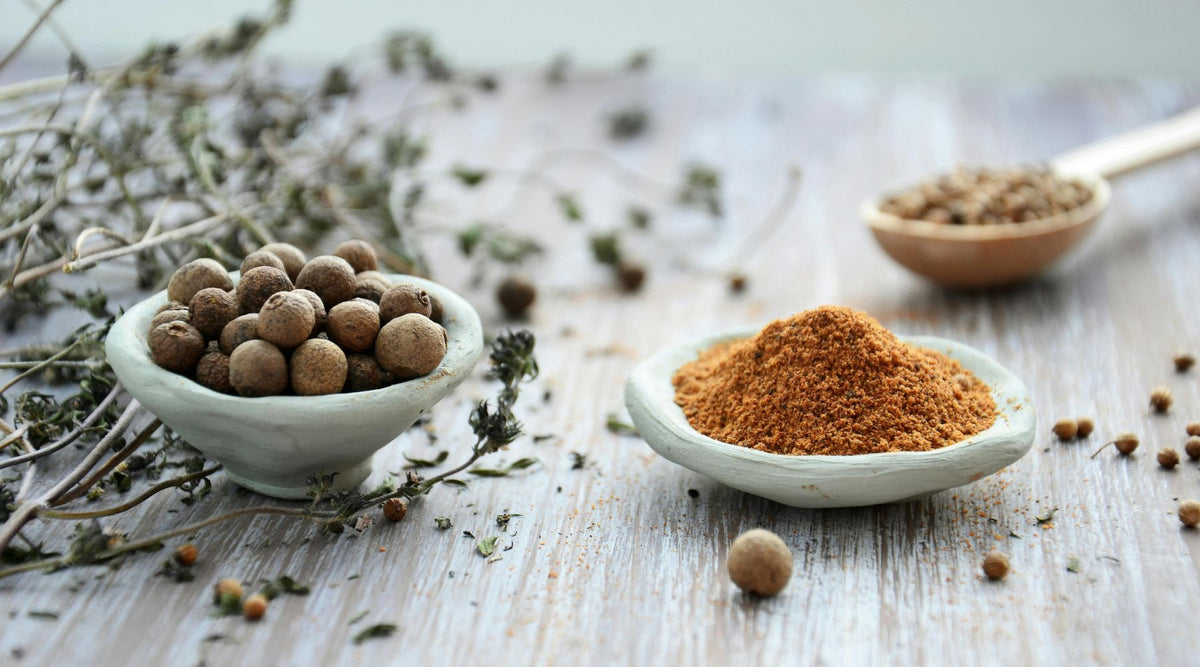Unlocking the Power of Nature: Exploring the Profound Benefits of Natural Remedies
Naturopathic herbs have long been valued for their remarkable healing properties and have played a vital role in traditional medicine systems worldwide. As interest in natural remedies grows, naturopathic herbs have emerged as powerful allies in promoting health and wellness. In this blog post, we will delve into the world of naturopathic herbs, exploring their benefits, highlighting their effectiveness, and understanding their role in holistic healing. Join us as we unlock the secrets of naturopathic herbs, while embracing the keywords: naturopathic herbs, natural healing, and traditional medicine.
Tapping into Nature's Pharmacy
- Naturopathic herbs are derived from plants, encompassing leaves, flowers, roots, and other plant parts. These herbs contain a vast array of bioactive compounds, including phytochemicals, antioxidants, and essential oils, which contribute to their therapeutic effects. Naturopathic herbs are chosen based on their specific properties and traditional uses, harnessing the wisdom of centuries-old healing practices. From calming chamomile to immune-boosting echinacea, naturopathic herbs offer a diverse and potent toolkit for promoting health and vitality.
Holistic Healing and Individualized Approach
- A cornerstone of naturopathic medicine is its holistic approach to healing. Naturopathic herbs are utilized in conjunction with other modalities, such as nutrition, lifestyle modifications, and mind-body practices, to address the root causes of imbalance and promote overall well-being. A key principle of naturopathy is treating the individual as a whole, not just focusing on the symptoms. Naturopathic practitioners carefully select herbs based on an individual's unique needs, taking into account their constitution, underlying imbalances, and specific health concerns. This individualized approach ensures that the therapeutic benefits of naturopathic herbs align with each person's unique requirements.
Evidence-Based Effectiveness
- While naturopathic herbs have been used for centuries, their efficacy is not merely anecdotal. Scientific research and clinical studies have explored the therapeutic potential of these herbs, providing evidence for their effectiveness. For example, studies have demonstrated the antimicrobial properties of garlic, the anti-inflammatory effects of turmeric, and the liver-protective qualities of milk thistle. The growing body of scientific literature supports the traditional use of naturopathic herbs, contributing to their credibility in modern healthcare practices. However, it is important to note that more research is needed to fully understand the mechanisms of action and potential interactions of these herbs.
Supporting the Body's Innate Healing Capacity
- One of the fundamental principles of naturopathic medicine is stimulating the body's innate healing capacity. Naturopathic herbs work in harmony with the body, supporting its natural processes of self-repair and restoration. Rather than merely suppressing symptoms, these herbs aim to address the underlying imbalances and promote overall wellness. Naturopathic herbs can help regulate bodily functions, boost immunity, and promote balance within various systems, facilitating a state of optimal health and vitality.
Naturopathic herbs offer a treasure trove of healing potential, rooted in centuries-old traditions and supported by modern research. By embracing these natural remedies, we can tap into the power of nature and align ourselves with the principles of holistic healing. Whether used in teas, tinctures, or topical applications, naturopathic herbs provide a pathway to natural.

